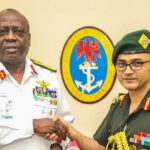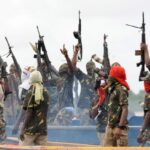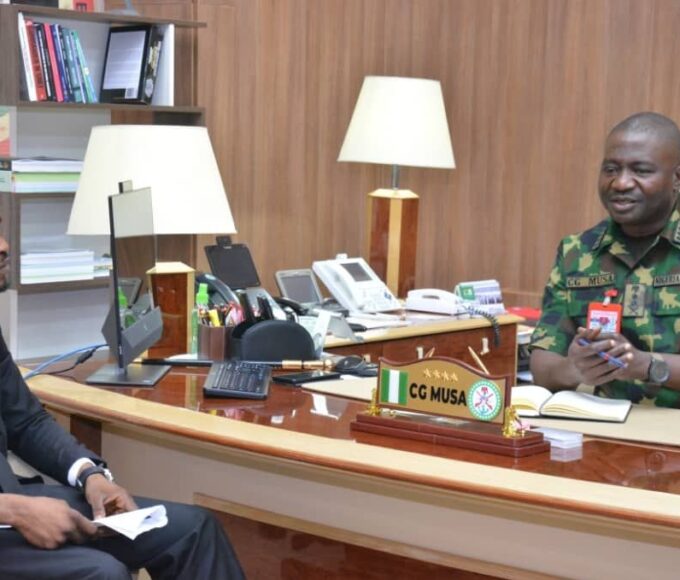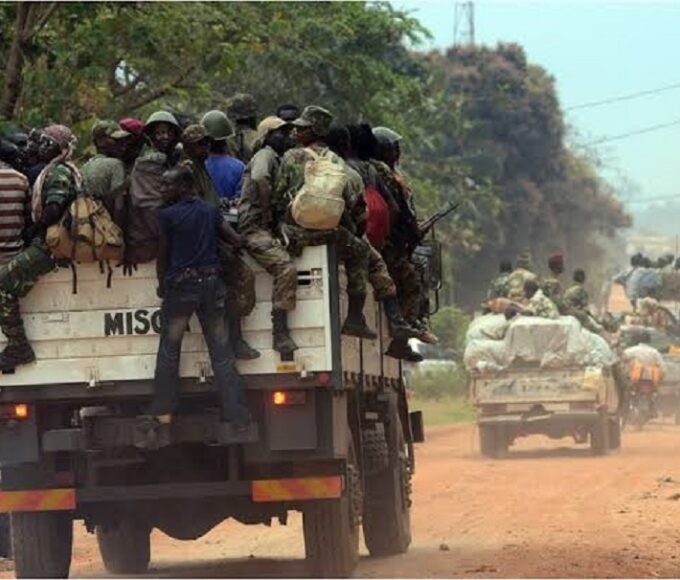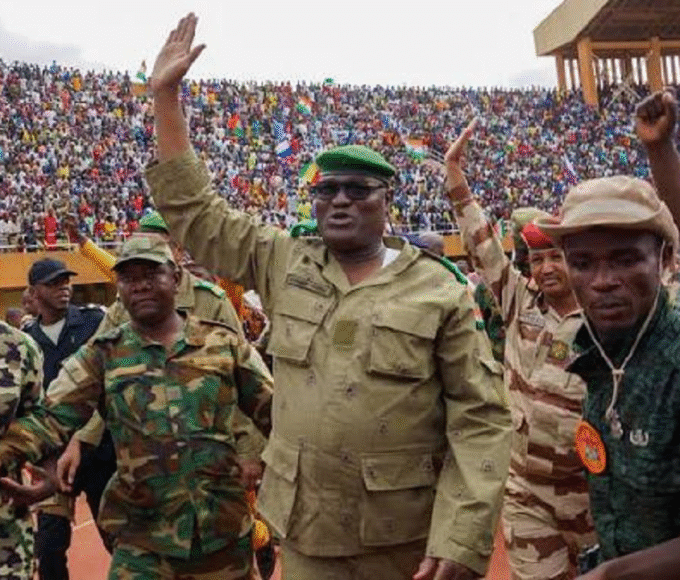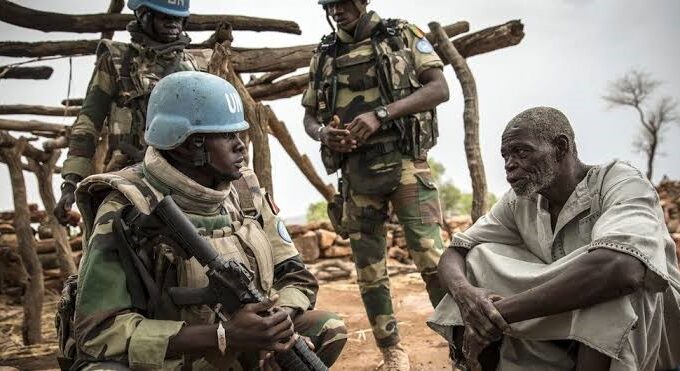Military Mediation: When Generals Step into Diplomatic Roles
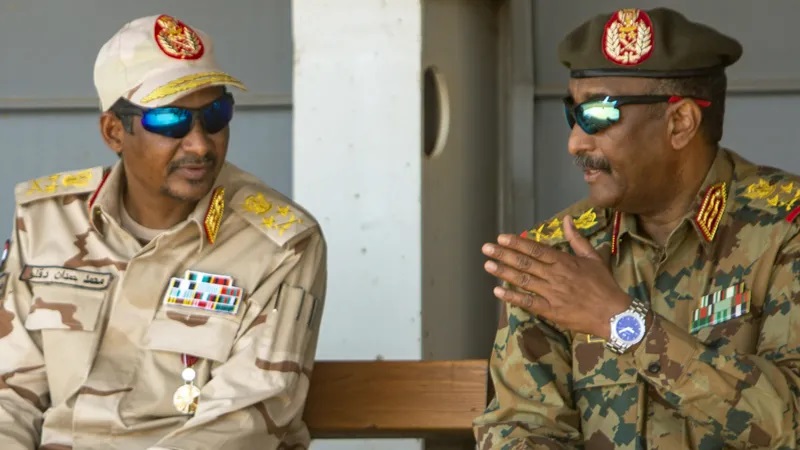
Kenya’s retired Lieutenant General Lazaro Sumbeiywo still remembers the winter fog curling over Naivasha in January 2005 when he ushered Sudan’s warring factions into a lakeside conference room — the talks that would eventually birth the Comprehensive Peace Agreement. Nearly a decade later, in August 2013, South Africa’s General Solly Shoke quietly flew into Kinshasa, not to command troops, but to coax rival Congolese commanders into honouring a brittle ceasefire along the Kivus. And in August 2023, Nigeria’s former head of state General Abdulsalami Abubakar traded his starched fatigues for a grey suit in Abuja’s Transcorp Hilton, leading an ECOWAS delegation to convince Niger’s junta to restore constitutional order.
Across Africa’s diplomatic map, these moments — separated by years and geography — are bound by a single truth: when political dialogue collapses, it is often men trained for war who are asked to broker the peace.
From the Barracks to the Table
Military mediation is neither an African novelty nor a historical accident. Across the continent, from Sudan’s tense ceasefire talks to Mozambique’s post-war settlement, senior officers have stepped into the breach where political leaders could not—or would not—tread.
Unlike career diplomats schooled in quiet corridors of foreign ministries, these officers arrive with battlefield credibility. They speak the language of security guarantees, troop withdrawals, and safe corridors with a precision that armed factions trust. “In conflict zones, credibility is not about protocol — it’s about whether the other side believes you can control the men with guns,” notes Dr. Fatima Konaté, a Malian security analyst.
The Advantages of a Uniformed Mediator
Generals often bring three advantages to the mediation table:
- Command Authority – Their military background means they can give — and enforce — orders that result in immediate ceasefires.
- Operational Literacy – They understand logistics, the movement of troops, and the security architecture needed to sustain peace.
- Reputation for Discipline – In societies where civilian leaders are viewed as corrupt or ineffective, the military’s perceived discipline can carry moral weight.
Case in point: during the 2013 South Sudan peace negotiations, former Kenyan General Lazaro Sumbeiywo leveraged his credibility from leading the Sudan peace talks a decade earlier to coax bitter rivals back to the table.
The Risks Behind the Salute
Yet, the marriage of mediation and military culture carries risks. Soldiers are trained to win, not compromise — a mindset that can harden negotiations into ultimatums. There is also the danger of conflict of interest: military leaders may protect their institution’s image or shield former comrades from accountability.
In some cases, mediation becomes a stepping stone to political power. “We have seen officers who begin as peace envoys and end up as transitional presidents,” says Professor Julius Mbeki of the University of Pretoria. “The line between neutral mediator and political actor is perilously thin.”
Sudan’s post-Bashir power-sharing arrangement, for example, was brokered by generals who later became central players in the transitional government — blurring the distinction between arbiter and stakeholder.
Case Studies in Military Mediation
- Nigeria and ECOWAS in The Gambia (2017)
When Yahya Jammeh refused to concede defeat after elections, ECOWAS dispatched a military-backed delegation led by General Abubakar. The message was clear: negotiate, or face regional military intervention. The mix of quiet diplomacy and credible threat worked; Jammeh departed without major bloodshed. - RENAMO–FRELIMO Peace in Mozambique (1992)
General Sumbeiywo’s predecessors in the region had already demonstrated how military envoys could create safe space for talks. In this case, former officers provided technical advice on demobilisation and the integration of fighters into a national army. - African Union in Darfur (2004–2006)
AU military observers often doubled as informal mediators between government forces and rebel factions, leveraging their neutrality on the ground. Yet the absence of binding enforcement authority left many agreements fragile.
Training for the Negotiation Battlefield
While military academies teach strategy and operations, few prepare officers for the nuance of political bargaining. “Mediation requires emotional intelligence, not just operational planning,” says Colonel (ret.) Samuel Koffi, a Ghanaian peacekeeping veteran.
Some African countries are beginning to adapt:
- South Africa has integrated negotiation modules into senior officer training.
- Ethiopia uses retired officers as resource persons in AU and IGAD mediation workshops.
- Rwanda offers post-service courses in conflict resolution for officers nearing retirement.
The Global Context
Military diplomacy is not uniquely African. From the Balkans to Latin America, generals have played peacemakers when civilian channels collapsed. What distinguishes the African experience is the recurring cycle of military–political overlap in governance. This creates both a larger pool of military figures with political acumen and a higher risk of political capture of peace processes.
Institutionalising Defence Diplomacy
If Africa is to harness military mediation effectively, experts argue it must move from ad hoc personality-driven interventions to an institutional framework. This could mean:
- A standing African Defence Diplomacy Corps under the AU, drawing from retired and active senior officers.
- Clear codes of neutrality and conflict-of-interest safeguards.
- Joint training with civilian diplomats to balance hard-security and political perspectives.
The stakes are high. As insurgencies and political crises multiply, the ability to combine battlefield credibility with diplomatic tact could determine whether the continent’s next generation of peace accords holds — or unravels.
In the words of Dr. Konaté: “A general who negotiates peace must understand one truth — this is a battle you win not by taking ground, but by giving it up.”
SNAPSHOT: Africa’s Soldier-Diplomats
- Lazaro Sumbeiywo (Kenya) – Mediator of Sudan’s Comprehensive Peace Agreement (2005)
- Solly Shoke (South Africa) – Quiet envoy in DRC ceasefire negotiations (2013)
- Abdulsalami Abubakar (Nigeria) – ECOWAS envoy during Niger coup crisis (2023)
- Sekouba Konaté (Guinea) – Oversaw Guinea’s civilian transition (2010)
King Richard Igimoh, Group Editor ALO
King Richard Igimoh, Group Editor African Leadership Organisation is an award-winning journalist, editor, and publisher with over two decades of expertise in political, defence, and international affairs reporting. As Group Editor of the African Leadership Organisation—publishers of African Leadership Magazine, African Defence & Security Magazine, and Africa Projects Magazine—he delivers incisive coverage that amplifies Africa’s voice in global security, policy, and leadership discourse. He provides frontline editorial coverage of high-profile international events, including the ALM Persons of the Year, the African Summit, and the African Business and Leadership Awards (ABLA) in London, as well as the International Forum for African and Caribbean Leadership (IFAL) in New York City during the United Nations General Assembly.
Recent Posts
Categories
- Air & Aerospace17
- Border Security15
- Civil Security6
- Civil Wars4
- Crisis5
- Cyber Security8
- Defense24
- Diplomacy19
- Entrepreneurship1
- Events5
- Global Security Watch6
- Industry8
- Land & Army9
- Leadership & Training5
- Military Aviation7
- Military History27
- Military Speeches1
- More1
- Naval & Maritime9
- Policies1
- Resources2
- Security12
- Special Forces2
- Systems And Technology9
- Tech6
- Uncategorized6
- UNSC1
- Veterans7
- Women in Defence9
Related Articles
Why General C.G. Musa Is the Right Defence Minister for Nigeria—Right Now
President Bola Tinubu’s nomination of General Christopher Gwabin Musa (rtd.) as Minister...
ByKing Richard Igimoh, Group Editor ALODecember 2, 2025DIPLOMACY, PEACE & CIVIL SECURITY – CROSS-BORDER PEACE PACTS IN EAST AFRICA: SUCCESS OR FAILURE?
From the windswept Karamoja hills to the fishing villages of Lake Victoria,...
ByKing Richard Igimoh, Group Editor ALONovember 24, 2025ECOWAS MILITARY INTERVENTION IN NIGER: A TURNING POINT?
The coup d’état in Niger on July 26, 2023, marked a seismic...
ByKing Richard Igimoh, Group Editor ALOOctober 7, 2025CIVIL-MILITARY RELATIONS IN FRAGILE STATES
Fragile states marked by weak governance, economic instability, and persistent unrest face...
ByKing Richard Igimoh, Group Editor ALOSeptember 17, 2025





